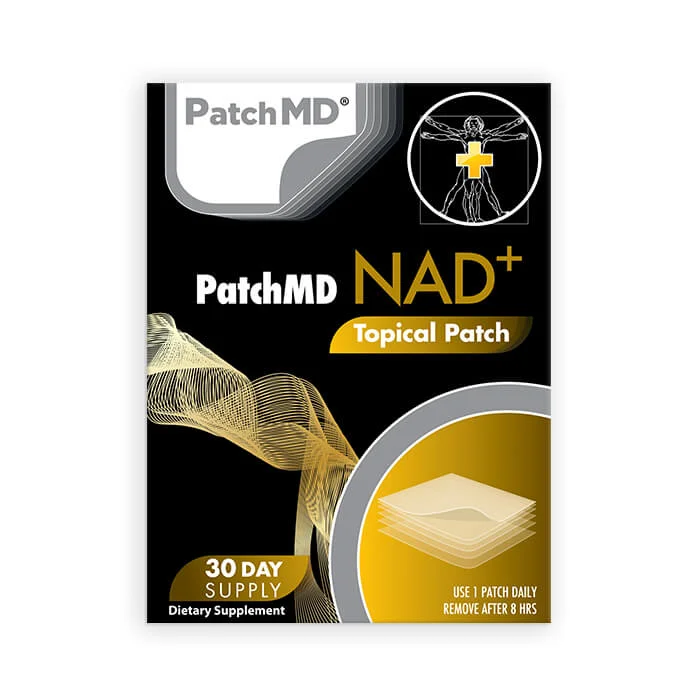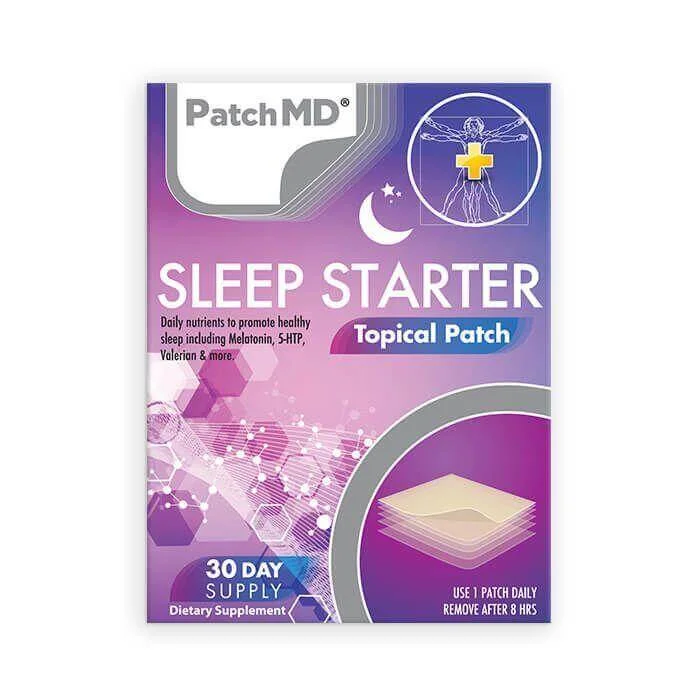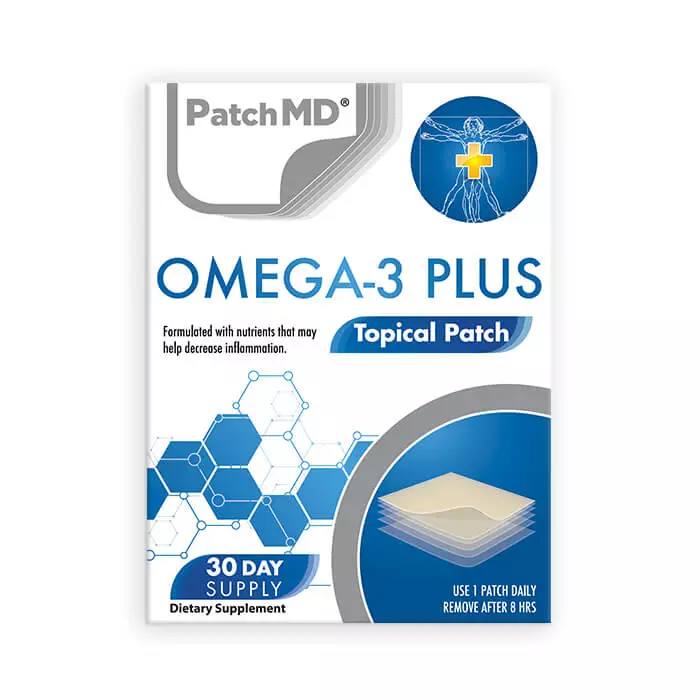Brain Supplement Ingredients
Vitamin A
The bioactive form of vitamin A, retinoid acid, is necessary for brain health, neural signaling, and neural plasticity. Research has found that vitamin A supplementation improves learning and memory and improves age-related cognitive decline. (1)
B Vitamins
Each of the B vitamins plays an important role in protecting and supporting healthy brain function.
Thiamine (B1) has been proven to improve cognitive function while riboflavin (B2) deficiencies result in impaired tryptophan metabolism (the precursor to serotonin) and brain dysfunction.
Niacin (B3) deficiency results in memory loss, brain fog, confusion, fatigue, and mood dysregulation. Niacin has been shown to undo brain cell damage and can offer protection against age-related cognitive decline.
Deficiency of B5 (pantothenic acid) causes neurodegeneration and cognitive decline. It is the precursor to the neurotransmitter acetylcholine that maintains the health of myelin.
B6 is critical for the body’s ability to create neurotransmitters important for cognitive function and regulating emotions. It also lowers homocysteine levels which reduces the risk of stroke and brain atrophy. Research has found supplementing with B6 can significantly reduce cerebral atrophy as a result of lower homocysteine levels.
Inositol (B8) balances neurotransmitter levels in the brain needed for cognitive function and mood regulation.
Deficiency of folate or folic acid (B9) is associated with impaired cognitive function and increased risk of dementia and mental impairment. Research has shown folic acid supplementation significantly improves brain function, verbal skills, and reduced homocysteine levels.
B12 (cobalamin) is essential for cognitive health. B12 deficiency results in impaired neurotransmitter levels, dysregulated mood, impaired cognitive function, memory loss, and brain atrophy. Vitamin B12 supplementation has been shown to improve symptoms of depression, slow cognitive decline, and improve memory and concentration.
(2, 3, 4, 5, 6, 7, 8, 9, 10, 11, 12, 13, 14, 15, 16, 17)
L-Theanine
L-theanine is an amino acid usually found in green and black tea. Research has shown it can reduce stress and anxiety, improve sleep, and increase focus and alertness. (12, 13, 14)
5HTP
5HTP is an amino acid the body uses to make serotonin, an important neurotransmitter. Low serotonin is associated with a host of psychological issues including mood disorders, brain fog, and poor memory. Supplementing with 5HTP has been shown to reduce such symptoms of low serotonin. (15)
Lion’s Mane Mushroom
Lion’s mane mushrooms are well-known for their culinary and medicinal uses in many Asian countries. Research has shown that lion’s mane contains compounds that stimulate brain cell growth, protect against degenerative brain disease, reduce memory loss, and significantly improve mental functioning. (16, 17)
Magnesium Malate
Every cell in the human body needs magnesium to function and is one of the most plentiful minerals found in the body. Research has shown magnesium is crucial to healthy brain function and mood regulation. It is necessary to proper nerve function, reduces inflammation, and improves insulin sensitivity which improves the body’s use of glucose, the brain’s primary fuel. (18, 19, 20)
Molybdenum
Acetaldehyde is a neurotoxic carcinogen. Candida and mold illness are pervasive problems in today’s world. In addition to excessive alcohol consumption, these yeasts and fungi acetaldehyde in the body induce brain fog and make it difficult to think. Molybdenum is instrumental in supporting the body’s breakdown and elimination of this toxin to help restore mental clarity. (21)
N-Acetyl Carnitine
Research the acetyl form of carnitine has a positive effect on brain health. It can slow age-related cognitive decline and improve brain function, including memory, logic, and language. (9, 10)
Omega-3 DHA and EPA
DHA and EPA are important for many aspects of health, especially brain health. DHA makes up approximately 25% of the fat found in the brain and helps maintain brain function and tissue structure. DHA supplementation has been found to improve cognitive skills, memory, and reaction time. EPA has powerful anti-inflammatory effects that can help protect the brain against damage and has been shown to improve mood. (1, 2, 3, 4)
Phosphatidylserine
Phosphatidylserine, also known as PS, is a phospholipid found in high concentrations in the brain and has been found to promote brain health. Studies have shown supplementation with PS to reduce age-related cognitive decline and improve cognitive and memory skills. (5, 6, 7)
Potassium Citrate
Balanced levels of potassium is necessary for the proper functioning of the nervous system. Where the body uses magnesium to move nerve impulses into cells, it uses potassium to move nerve signals out of cells so they can get to the next nerve. Research has also found optimal levels of potassium to protect against the risk of stroke and resulting brain damage (8, 9)
Pterostilbene
Pterostilbene is a highly bioavailable derivative of resveratrol and a potent antioxidant and anti-inflammatory with strong neuromodulating effects. Research has shown pterostilbene to improve cognitive function and reduce oxidative stress and damage in the brain. (8)
Rhodiola Rosea
Rhodiola is a popular herb used in Traditional Chinese Medicine (TCM) for healthy brain function. It has been shown to reduce fatigue, improve energy and brain function. (11, 12)
Phosphatidylcholine
Phosphatidylcholine, also known as PC, is another phospholipid traditionally associated with brain health. It can increase acetylcholine, a neurotransmitter, and a deficiency of PC is directly linked to age-related cognitive decline. (13)
Passionflower
Passionflower has been a staple of Native American traditional medicine for centuries. Research has shown that passionflower increases GABA, a neurotransmitter that modulates neural impulses in the brain. It has also shown to improve sleep and reduce symptoms of anxiety. (13, 14, 15)
Ginseng
Another popular TCM herb, ginseng has been used to improve health, especially brain health, for centuries. Studies show it is a potent anti-inflammatory and effective guard against oxidative damage, both of which are detrimental to brain health. As a result, the compounds found in ginseng offer important neuroprotective effects. Other studies have found it also effective at improving mental performance, fatigue, calmness, and math skills. (16, 17, 18, 19, 20)
Lemon Balm
Lemon balm, a common and pleasant-smelling herb, is good for more than just repelling mosquitos. It is known to boost levels of acetylcholine in the brain and research has found it improves cognitive function, memory, math skills, and concentration. (21)
Chromium
Chromium is an important trace mineral necessary for optimal health and cognitive function. Insulin resistance plays a role in cognitive decline. Research has found chromium supplementation to improve memory and mood by improving the body’s ability to use glucose. (22)
Zinc Citrate
Zinc is the second most abundant metal in the body and is found in high concentrations in the brain. It provides important antioxidant activity and is critical for proper neural activity and synaptic function. A lack of zinc has been linked to cognitive decline, neurological disorders, and mood disorders in the scientific literature as a result. (23, 24, 25)
Glutathione
Glutathione is the body’s master antioxidant and is crucial for protecting the brain from oxidative damage. The brain consumes approximately 20% of the body’s oxygen and, as a result, has the highest generation rate of reactive oxygen species (free radicals). Optimal glutathione levels keep these levels in check, reduce inflammation, and support healthy cognitive function. Glutathione deficiency is connected to neurological degeneration and disease. (26, 27)
N-Acetyl-Cysteine (NAC)
NAC is essential for your body to produce optimal glutathione in the body. Without NAC, there is no glutathione. It also regulates the amount of one of the most important neurotransmitters in the brain – glutamate. Glutamate is responsible for learning, behavior, and memory, among other functions. Excess levels of glutamate combined with deficient glutathione levels results in brain damage. Research has shown NAC is effective at improving memory, slowing cognitive decline, and improves dopamine levels. (28, 29)
CoQ10
CoQ10 helps produce energy in the cells through mitochondrial activation and acts as an antioxidant protecting cells from oxidative damage. Mitochondrial activity decreases with age and leads to brain cell death. The brain is also very sensitive to oxidative damage due to its high oxygen use and fat content. CoQ10 reduces both of these thereby slowing cognitive decline and memory loss. (30)
Nicotinamide Riboside
The body converts nicotinamide riboside into nicotinamide adenine dinucleotide (NAD+). NAD+ is important for energy production, repairing damaged cells, and regulating the circadian rhythm. NAD+ decreases with age and is linked to cognitive decline. Nicotinamide riboside increases NAD+ levels fast which research has shown improves memory functions and improves cognitive function. (31)
Explore our innovative Nootropic Patches at PatchMD, designed to support cognitive health and well-being, including a range of brain recovery supplements for enhanced mental clarity and focus.
Discover the power of PatchMD’s Nootropic Patches, offering a selection of advanced anti aging brain supplements to support cognitive vitality and overall brain health, aiding in a sharper, more youthful mind.
Enhance your cognitive performance with PatchMD’s cutting-edge Nootropic Patches, providing an array of effective brain pills to optimize focus, memory, and overall brain function, helping you achieve peak mental performance.
Optimize your cognitive well-being with PatchMD’s Nootropic Patches, offering a range of specialized brain health supplements designed to support memory, focus, and overall mental acuity, promoting a healthier and sharper mind.
Discover a comprehensive selection of Nootropic Patches at PatchMD, dedicated to improving cognitive function and vitality, featuring advanced brain health supplement to support memory, focus, and overall mental well-being.
Explore a wide range of Nootropic Patches available at PatchMD, catering to cognitive enhancement and overall brain health, offering innovative dietary supplements to support memory, focus, and mental clarity for optimal cognitive performance.
Elevate your cognitive performance with PatchMD’s cutting-edge Nootropic Patches, the ultimate solution for enhanced focus and clarity. Explore our range of brain boosting patches, meticulously formulated to outperform traditional brain boosting pills. Unleash your mental potential today!
Elevate your cognitive performance with PatchMD’s cutting-edge Nootropic Patches – the ultimate solution for convenient and effective delivery of brain improvement supplements.
Unlock your cognitive potential with PatchMD’s Nootropic Patches – the definitive choice for the best brain booster supplement, delivering optimal mental performance and focus.
Best Memory Boosting Supplements: Discover heightened cognitive abilities with PatchMD’s Nootropic Patches – the unparalleled choice for unlocking memory potential and enhancing mental clarity through our best memory-boosting supplements.
Elevate your cognitive function effortlessly with PatchMD’s Nootropic Patches – the definitive solution for delivering powerful and effective brain boosting supplements.
Collagen Brain Fog Combat cognitive haze with PatchMD’s Nootropic Patches – harnessing the potent synergy of collagen to address and alleviate the challenges of collagen-related brain fog.
Optimize your focus and productivity with PatchMD’s Nootropic Patches – the ultimate choice for concentration booster supplements, designed to enhance mental clarity and elevate your cognitive performance.
Nourish and support your central nervous system with PatchMD’s Nootropic Patches – expertly crafted brain supplements that promote optimal cognitive function and overall neural well-being.
Experience the transformative power of PatchMD’s Nootropic Patches – your gateway to scientifically-proven and definite improved brain function through advanced supplements designed to enhance cognitive performance.
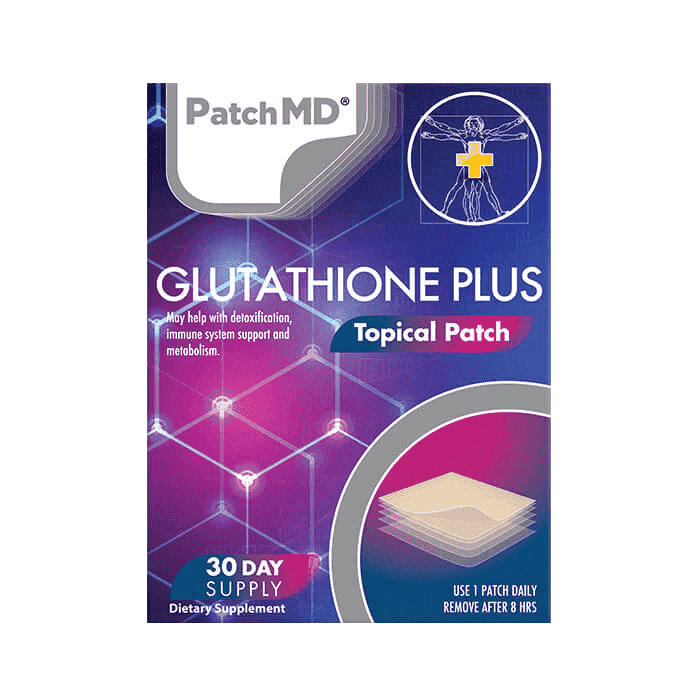 as low as $23.37 $44.39
as low as $23.37 $44.39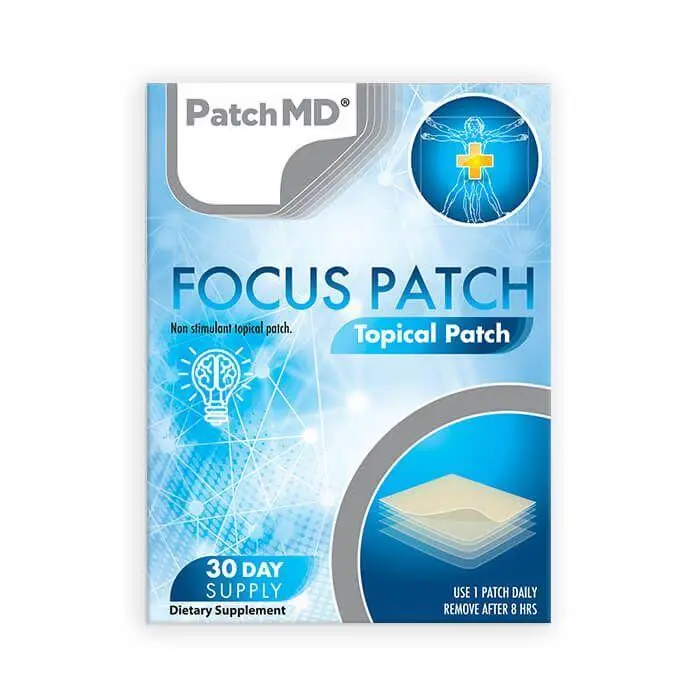 as low as $23.37 $44.39
as low as $23.37 $44.39 as low as $23.37 $44.39
as low as $23.37 $44.39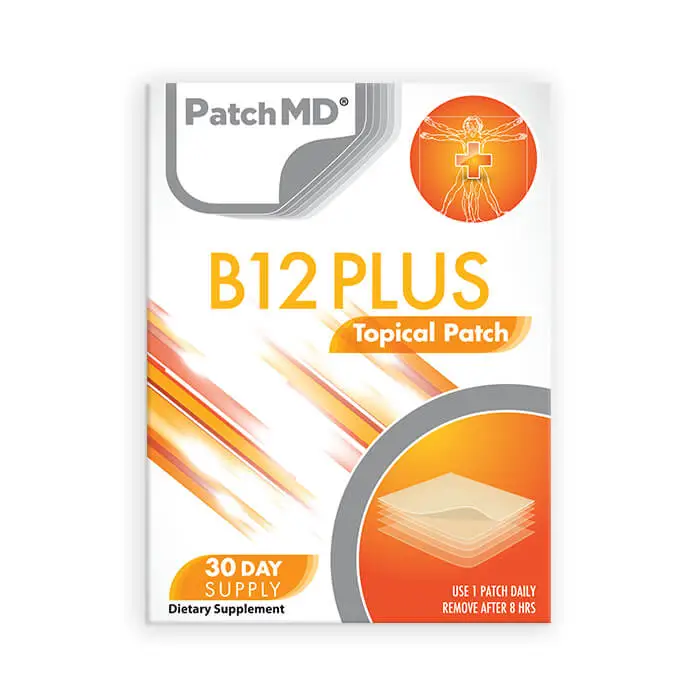 as low as $35.91 $66.50
as low as $35.91 $66.50
